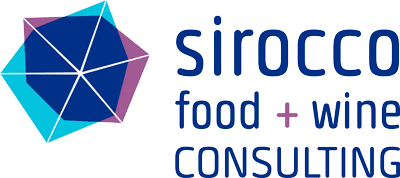The SQF code requires that an internal audit program be developed and implemented. An internal audit procedure must therefore be created identifying the scope and frequency of the audits as well as assigned responsibilities. The procedure must reference an internal audit schedule which is approved by the senior site manager, who provides support and resources to the audit team. It is important that senior management communicate the internal audit procedure to all staff involved in maintaining the food safety management system.
Schedule Internal Audits
Best practices in internal auditing is to schedule internal audits every quarter. A planning stage is essential to identify needed resources and to perform adequate audit sampling based on food safety risks. Major system or plant-related issues would require a more frequent assessment. Furthermore, results of previous audits, significant changes to the organization or its processes may influence the audit activities.
Once the schedule is established and a plan put in place, the SQF practitioner or designate will define the audit criteria — area and requirements that will be evaluated on each audit day – and assign responsibility. It is critical that internal auditors be independent from the function that they are auditing. When this first audit stage is complete, the audit team may prepare the audit activities.
Six stages for performing an internal audit:
- Initiate the audit
- Prepare for the audit
- Conduct the audit
- Prepare & distribute the audit report
- Complete the audit
- Conduct audit follow-up
Internal auditing is a systematic and independent activity, designed to add value and improve business performance. By collecting objective evidence, internal auditors can report on the adequacy of the quality food safety system in meeting SQF code requirements. To put it differently, the audit team provides a consulting service for actionable decision making.
Why are internal audits critical in food safety & quality management?
- Internal audits confirm conformance to the SQF code and compliance to regulatory requirements
- They are a risk management tool
- They support continuous improvement
- They allow employees to become familiar with other aspects of the operations
- They confirm what employees do well and also identify opportunities for improvement
- They provide a rehearsal for the third-party audit
To find out more about the internal audit process, register for a 2-day SQF Internal Audit Course. Key learning outcomes include: becoming familiar with audit terminology and with the 6 stages of the internal audit process, writing non-conformity statements and applying CAPA tools to correct or prevent non-conformities.
Learn more about SQF and how Sirocco can help
References:
- Tips & Techniques for Managing an Effective Internal Auditor Program, SAI Global Webinar – February 2017.
- SQF Internal Auditing Course Reader, SAI Global

